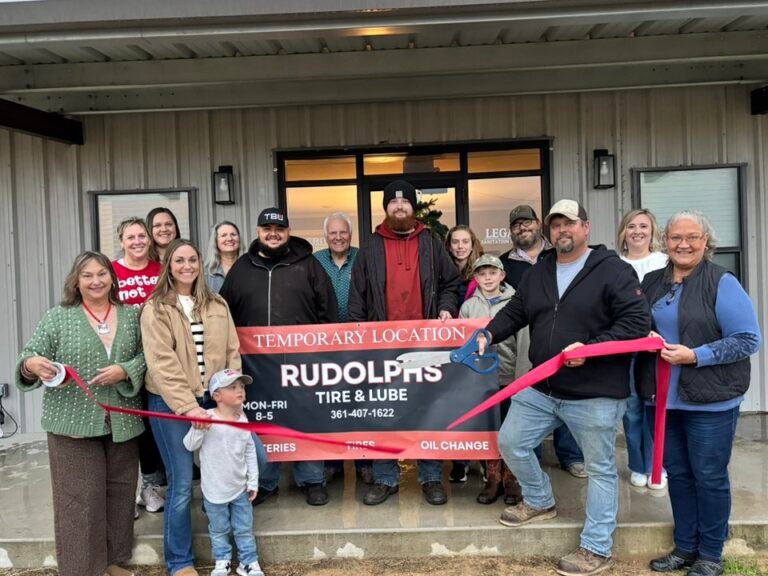Wilfred John Konrad, 87, of Cuero passed away Monday, November 24, 2025. He was born February 17, 1938, in Westhoff to John Fredrick and Elsie Henrietta Schlenker Konrad. Wilfred graduated from Cuero High School. His earliest jobs included working as a welder, building houses, operating a combine, and he worked for Alamo Iron Works. He moved to Houston in 1958 and worked building hydraulic equipment as well as attending college. He was incredibly proud to be hired by Dow Chemical where he had a very successful career as an Instrument Engineer. Colleagues lovingly nicknamed him Willie. Wilfred worked for Dow for 35 ½ years before retiring.
After retiring, Wilfred went back to his roots and took up farming and ranching on property that had been in his family for several generations. Although he spent a lot of time working the ranch, most days, he made time to have lunch at the Bahnhof in Cuero where he had a close group of friends he enjoyed visiting with.
On June 4, 1961, Wilfred married his next-door-neighbor and love of his life, Barbara Ann Hattenbach. They were married at St. John Lutheran Church in Westhoff. They were married for 64 years at the time of his passing. Wilfred was an active member of St. John Lutheran Church in Westhoff, Living Word Lutheran Church, as well as St. Peters Methodist Church in Katy.
He enjoyed farming, ranching, woodworking and welding. He was well known for the exceptional quality of everything he created. Wilfred also had a passion for travel – traveling extensively with Barbara in their Airstream camper, as well as taking tours. He loved spending time with his family, dancing to country music, and driving his John Deere tractor. He spent many hours working on his ranch, always looking for innovative solutions to improve the land, including testing out an extremely successful grass for A&M. Wilfred enjoyed a very tight knit family where, growing up, everyone got together every Sunday after church for fellowship, amazing food, a mean game of dominoes, and manly discussions about cars and tractors. He continued to treasure opportunities to be with his siblings and their families throughout his life. His motto was “If you are going to work for someone, give it your all” and “If you give it your all, you can accomplish anything”.
Wilfred is survived by his loving wife, Barbara; daughter, Marcia Ann Konrad of Katy; son, Jeffrey Wilfred Konrad (Che’ryl) of Tomball; brother, Carlton Konrad of Katy; grandchildren, Ashley Boggs, Lee Boggs, Tyler Konrad and Brendalyn Konrad; great-grandchildren, Abigail Boggs and Eleanor Boggs.
He was preceded in death by his parents; an infant sister, his infant daughter Brenda; and his beloved sister, Ernell Hosek.
Visitation will be held Tuesday, December 2, 2025, 5:00 – 7:00 PM at Freund Funeral Home. Funeral Services will be held Wednesday, December 3, 2025, 10:00 AM at St. John Lutheran Church in Westhoff with Pastor Jan R. Putnam officiating. Interment will follow at Westhoff Community Cemetery. A light lunch and fellowship will be held at the St. John Parish Hall following the service.
Pallbearers include Tyler Konrad, Lee Boggs, Steven Haun, Ty Hanks, Simon Konrad and Ryan Haun.
Memorial Contributions may be made to: Cuero FFA Booster Club, 2872 Old Gonzales Rd. Cuero, TX 77954 for the purchase of much needed welding and wood shop equipment. Or, St John Lutheran Church, PO Box 97, Westhoff, TX 77994.

















